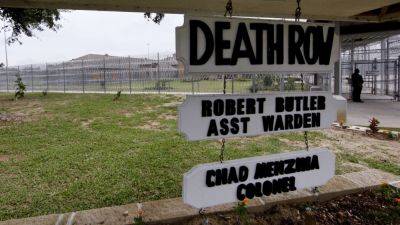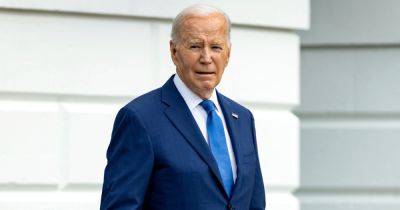Rollout of transgender bathroom law sows confusion among Utah public school families
SALT LAKE CITY — Utah public schools have been rushing to prepare students and teachers as the state starts cracking down on any school found not enforcing new bathroom restrictions for transgender people.
Residents and visitors are required under state law to use bathrooms and changing rooms in government-owned buildings that correspond with their sex assigned at birth. Although the law took effect when Republican Gov. Spencer Cox signed it Jan. 30, it was not widely enforced before a key compliance mechanism began this week. Schools and government agencies now face steep fines of up to $10,000 per day for each violation.
The rollout has been roiled in confusion for Utah families amid a patchwork of plans that differ across districts. Their experiences are mirrored in many of the other 10 Republican-led states with similar restroom restrictions. Enforcement of one of those laws — in Idaho — has been put on hold by a court.
Utah state Rep. Kera Birkeland, a Morgan Republican and the bill’s primary sponsor, has argued it’s a necessary safeguard against people who might claim they’re transgender to infiltrate a gendered space. She pitched the law as a safety measure to protect the privacy of women and girls without citing evidence of threats or assaults by trans people against them. Trans residents say she has used a hypothetical to justify exclusion.
Legislators left it up to each school district to decide how it will communicate the changes. Some have held classroom presentations. Others have sent home fact sheets or met privately with families who might be affected.
Despite their different approaches, the state’s largest school districts say they share a common goal: make affected individuals feel safe while handling







